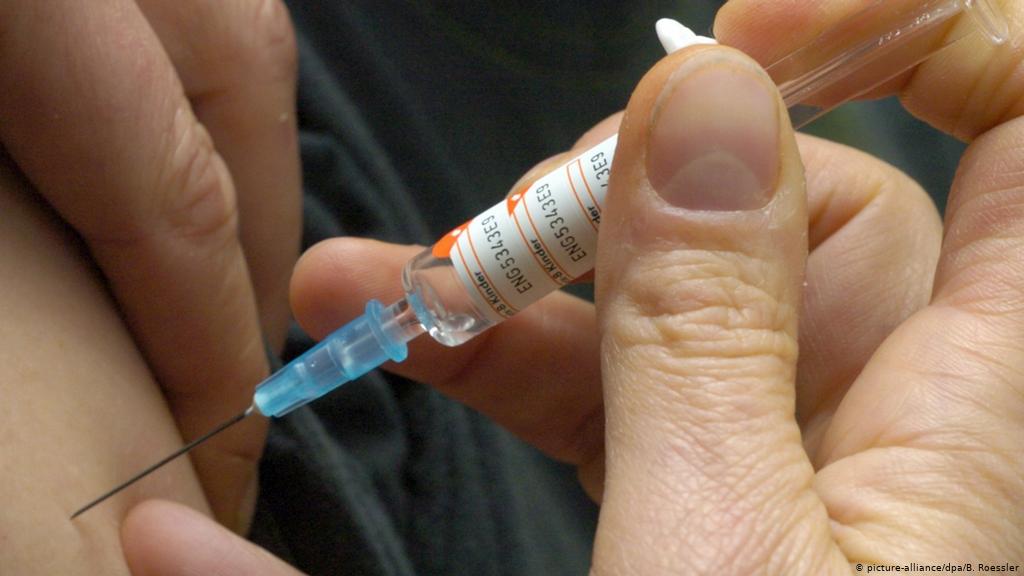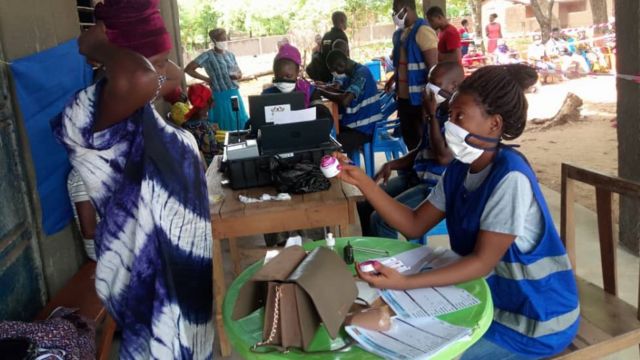Tuesday, July 28, marked the Tenth annual World Hepatitis Day, which was established by the World Health Organisation (WHO) in 2010.
The day was marked on the theme: “Hepatitis-free future,” with a strong focus on preventing Hepatitis B (HBV) among mothers and newborns. On 28 July, WHO will publish new recommendations on the prevention of mother-to-child transmission of the virus? HBV can be prevented among newborns through the use of a safe and effective vaccine.
There are five main strains of the hepatitis virus – A, B, C, D, and E. Together, Hepatitis B and C are the most common cause of deaths, with 1.4 million lives lost each year. Amid the COVID-19 pandemic, viral hepatitis continues to claim thousands of lives every day.
The hepatitis B virus (HBV) and C virus affect close to 400 million people worldwide. Ghana belongs to the areas where the prevalence of chronic hepatitis B infection is about eight percent high and that of the hepatitis C virus are also five to 10 percent high.
There are effective tools available to prevent viral hepatitis infection which include hepatitis B vaccination, surveillance, education, screening, and treatment. However, the challenge is to build the capacity to extend these interventions countrywide.
Ghana belongs to the areas where the prevalence of chronic hepatitis B virus (HBV) infection is high (≥8%) and that of the hepatitis C virus is also high (5-10%). There is thus a high burden of infection with resulting high prevalence of chronic liver disease and liver cancer (hepatocellular carcinoma).
Source: Mybrytfmonline/Kofi Atakora


















































